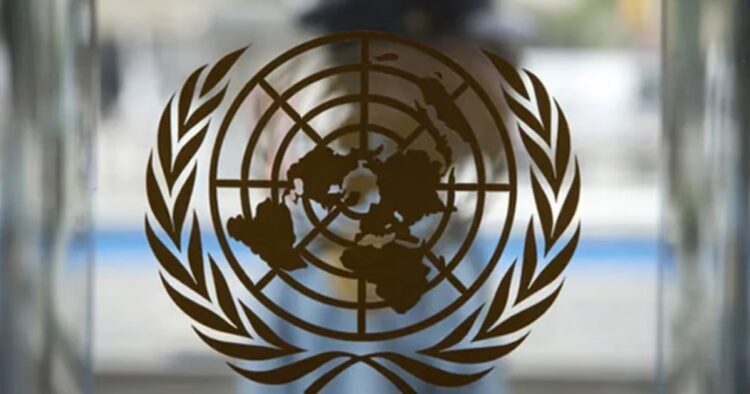The United Nations recently released a report showing that the world is falling behind on its targets to improve life for over 7 billion people by 2030. Out of the 169 specific targets set in 2015, only 17% are on track to be reached.
UN Secretary-General Antonio Guterres described the situation as a “failing grade” for the world. The 17 goals include ending global poverty, achieving gender equality, and more. However, nearly half of these targets have shown minimal or moderate progress, and over one-third are stalled or even regressing.
Guterres emphasized that the main issues holding back progress are the failure to secure peace, address climate change, and enhance international financial support. In addition, the lingering effects of the COVID-19 pandemic have worsened the situation, pushing 23 million more people into extreme poverty and increasing hunger for over 100 million people since 2019.
The report highlighted that despite the world’s unprecedented wealth, knowledge, and technology, many people still lack basic needs, which Guterres called “outrageous and unacceptable.” For the first time this century, growth in per-capita GDP in the world’s most vulnerable nations is slower than in advanced economies, threatening equality improvements.
Food prices remain a critical issue, with nearly 60% of countries experiencing moderate to high prices in 2022. The goal of providing quality education is also far off track.
Only 58% of students worldwide achieved minimum reading proficiency by the end of primary school, and recent assessments show declines in math and reading scores in many countries.
Gender equality is another area where progress is slow. One in five girls still marry before age 18, violence against women persists, and many women lack the right to make decisions about their sexual and reproductive health. At the current rate, it will take 176 years for women to achieve parity with men in management positions.
Despite these challenges, the report noted some positive developments. Mobile broadband access has increased to 95% of the world’s population, up from 78% in 2015. The capacity to generate electricity from renewable sources has been growing at an unprecedented 8.1% annually for the past five years.
Advances in medical treatments have averted 20.8 million AIDS-related deaths in the past three decades, and new malaria vaccines could save millions of lives. In addition, girls in most regions are now achieving parity with boys in education, and many women are breaking through into leadership roles.
However, Guterres warned that the speed and scale of change needed for sustainable development are still too slow. He called for urgent action to end conflicts in places like Gaza, Ukraine, and Sudan, and to shift spending from war to investments in people and peace.
The secretary-general also urged greater efforts to combat climate change and support “green and digital transitions.” The report highlighted a $4 trillion annual investment gap needed to help developing countries reach sustainable development goals. Guterres called for increased resources, reduced debt pressures, and expanded access to financing for countries at risk of financial crises.
“We must not let up on our promises — to end poverty, protect the planet, and leave no one behind,” Guterres said.

















Comments